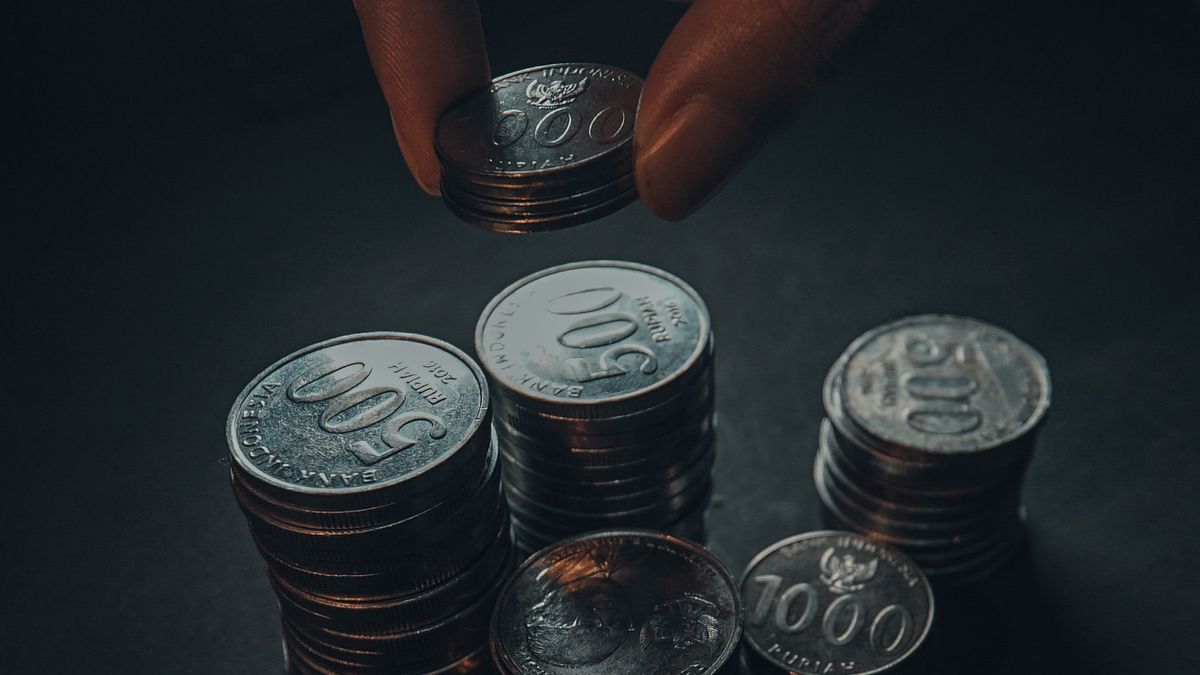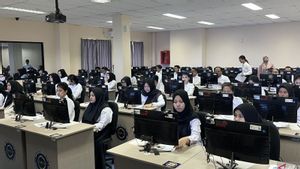JAKARTA - Bank Indonesia (BI) has maintained its interest rate at 4 percent, despite the downward trend. However, to date the decline has not been followed by a reduction in the credit reference interest rate (SBAK) on the part of the banking sector.
SBAK recorded in a number of state-owned banks for housing loans (KPR) is still quite high, Bank BTN still pegs interest at 10.5 percent, Bank BRI 9.9 percent, Bank Mandiri 10.20, and Bank BNI 10.20 percent. This condition has made market players, especially the property sector, question the reasons for the banking sector who are still reluctant to lower interest rates.
With the decrease in interest rates, it is hoped that it will provide hope for players, especially in the property sector, to reduce interest expenses so far. It also includes the hope for the public to be able to enjoy even lower mortgage interest rates so that purchasing power will be more maintained.
However, this benchmark interest became almost useless after several reductions were made. Banking mortgage interest rates are still quite high and there is no sign of a significant decline.
"Banks should be able to prioritize fairness by also lowering their interest rates. Because so far, the decline in the BI 7-Day Reverse Repo Rate has not always been followed by a reduction in bank interest rates," said Ali Tranghanda, CEO of Indonesia Property Watch in a written statement, Thursday. August 27th.
Many banks have argued that the cost of funds is still high and the risk is high, Ali responded that without relief in the current conditions, the risk of non-performing loans (NPL) or bad credit will be even higher.
"If there is no reduction in interest rates by banks, then the risk of NPLs will be even higher following the decline in the repayments of consumers and business players. This means that banks must be able to help the condition of consumers and businesses by reducing the burden of interest," said Ali.
As is well known, the Deposit Insurance Corporation (LPS) asked banks to be aware of the performance of non-performing loans (NPL) as of June 2020, which reached 3.11 percent or an increase compared to May 2020 which reached 3.01 percent. The highest ranks are in the small and medium scale bank group.
"NPL, which tends to increase, needs to be watched out for as well as credit restructuring, which rose to 21 percent," said Member of the Board of Commissioners of LPS Didik Madiyono in a webinar.
It is hoped that the decline in interest rates will have a positive impact because interest expenses will be lighter and have a tendency for NPL to be suppressed. Without a reduction in banking interest rates, business people will be burdened by the current decline in turnover.
Therefore, Ali hopes that the banking sector will immediately reduce its interest rates, lest the momentum be lost and the market is too late to respond well.
The English, Chinese, Japanese, Arabic, and French versions are automatically generated by the AI. So there may still be inaccuracies in translating, please always see Indonesian as our main language. (system supported by DigitalSiber.id)













